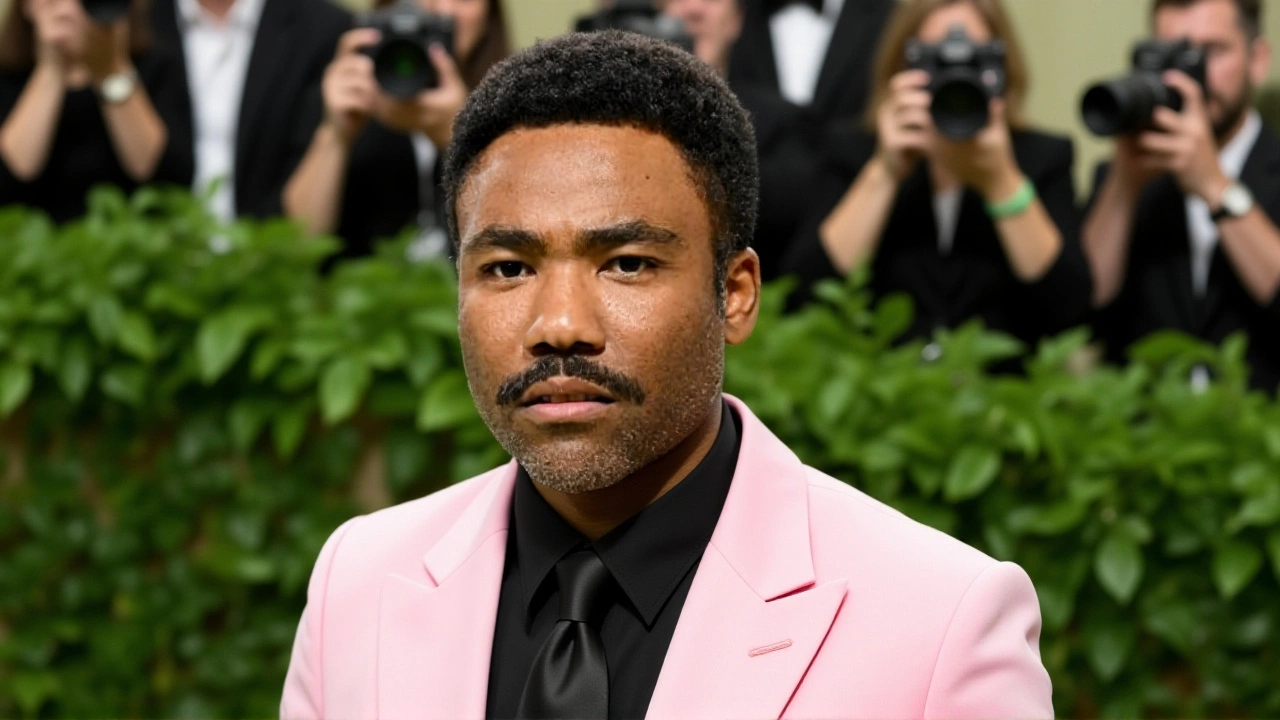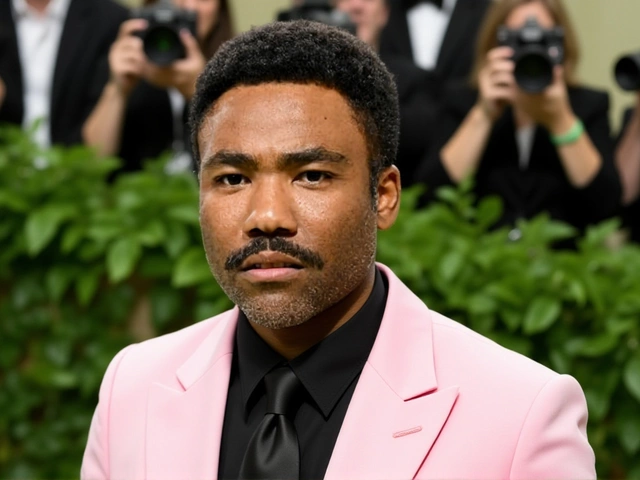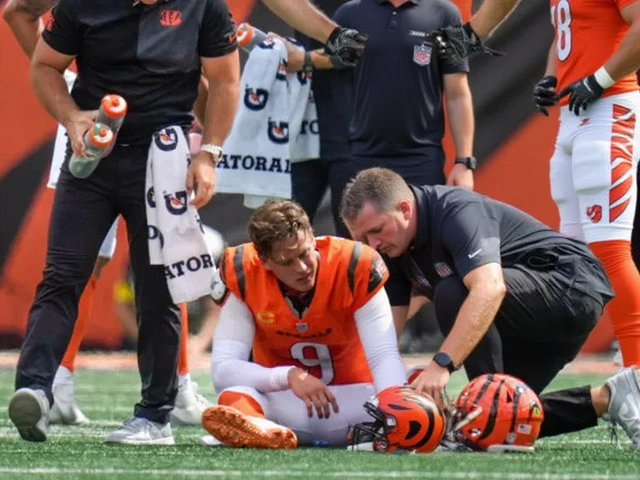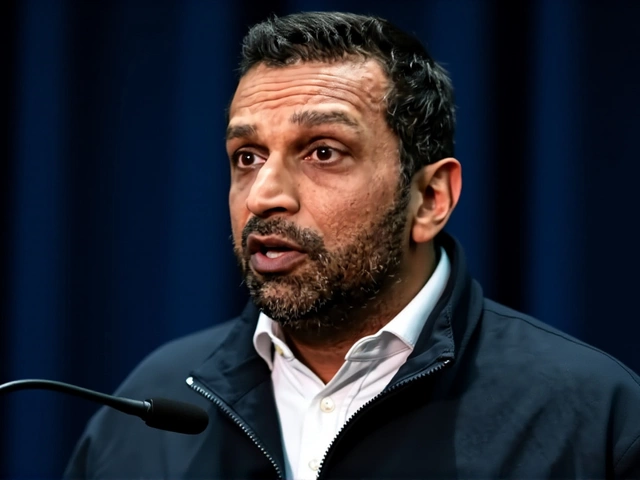It’s not every day a rumor about a beloved artist’s health goes viral—especially when it’s completely false. But in the noise of social media, a claim that Donald Glover, known globally as Childish Gambino, suffered a stroke during his 2017 tour has quietly circulated online. The truth? There’s zero credible evidence it ever happened. Not in The New York Times. Not in BBC News. Not in Reuters, CNN, or any major news archive. The story doesn’t just lack reporting—it lacks even a whisper of corroboration.
Where Did the Rumor Come From?
It’s hard to trace the origin of misinformation, but this one likely stems from confusion over Glover’s abrupt cancellation of his 'This Is America Tour'North America, Europe, and Oceania in August 2017. Fans were stunned. Tickets for shows at Madison Square Garden and the O2 Arena were suddenly pulled. RCA Records, a subsidiary of Sony Music Entertainment, cited "scheduling conflicts"—a vague phrase that left room for speculation. But here’s the thing: Glover himself clarified it.
In a January 2018 interview with The New York Times, he didn’t mention illness. He said: "I had to cancel the tour because I wasn’t in the right headspace. I was supposed to be starting a family and I was on the road. It just didn’t make sense." No stroke. No hospitalization. No neurological event. Just a man choosing his mental health over a global tour.
Why This Myth Persists
People want stories with drama. They want heroes who overcome tragedy. So when a star vanishes from the spotlight, the mind fills the silence with worst-case scenarios. A stroke sounds plausible—sudden, serious, life-altering. But Glover’s public trajectory tells a different story. He appeared on 'The Late Show with Stephen Colbert'New York City in November 2022, fully present, animated, and clearly mobile. He’s been active since, focusing on acting, writing, and producing projects like Atlanta and Swarm.
His last public health disclosure came in a 2019 Rolling Stone interview, where he spoke candidly about anxiety and therapy. "I prioritize therapy and meditation now—it’s non-negotiable for my creative process," he said. That’s the real story: an artist managing mental health, not surviving a medical emergency.
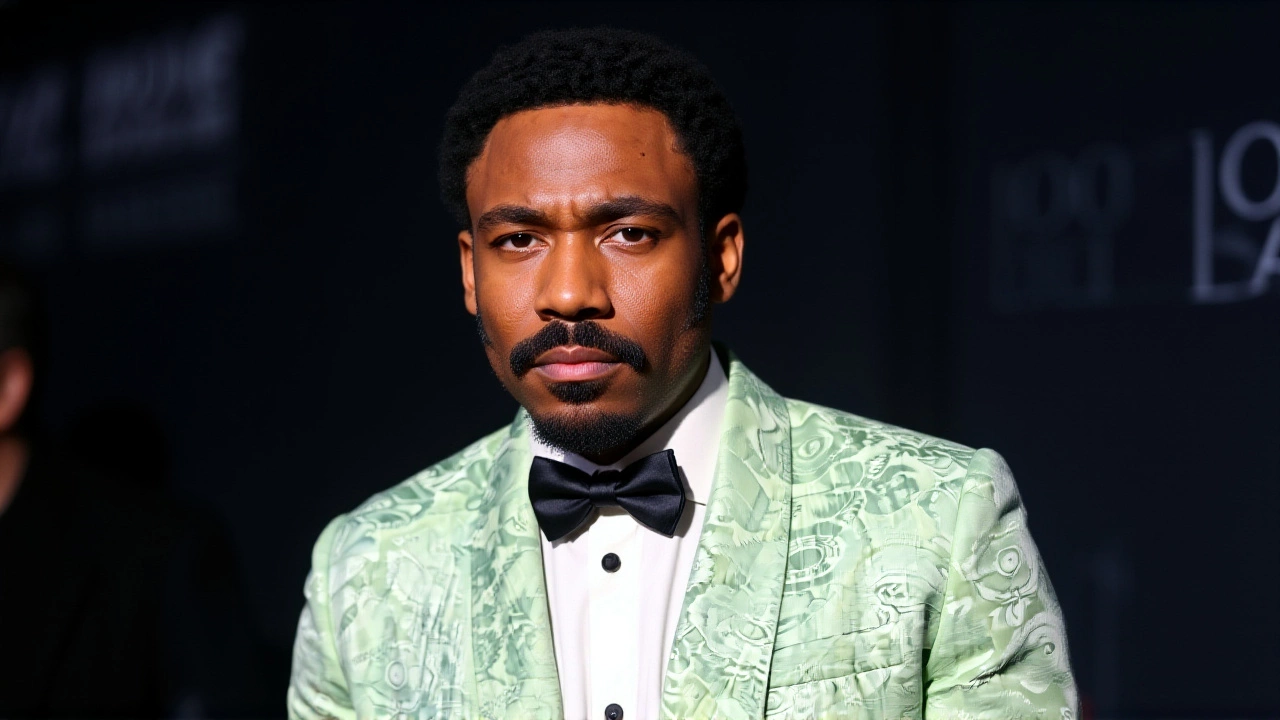
The Silence of the Experts
If a stroke had occurred, even privately, someone would have noticed. The American Stroke Association keeps public records of high-profile health events. The National Institutes of Health tracks demographic health data. Dr. Natalia S. Rost, a leading neurologist at Massachusetts General Hospital, has never mentioned Glover in any public statement. And if a major medical event had happened, his management company, Wolf + Rothstein, would have issued a statement. They didn’t. His production company, Gilga, didn’t. His label didn’t. His Instagram, with over 12 million followers, stayed silent.
Fact-checkers noticed too. Snopes, PolitiFact, and other members of the Poynter Institute network have no record of this claim. Zero. Not even a footnote.
What This Says About Online Information
This isn’t just about Donald Glover. It’s about how misinformation spreads when facts are scarce. The internet rewards urgency over accuracy. A tweet with a blurry photo and a bold headline can outpace months of journalistic verification. And once a myth takes root, it’s nearly impossible to uproot—even when the truth is plain.
What’s more troubling? The assumption that a Black artist’s silence equals crisis. Glover stepped back from music because he needed space—not because he was broken. That’s not weakness. It’s wisdom. Yet society often misreads quiet as collapse.

What Happens Now?
Nothing. Because nothing happened. Glover hasn’t performed as Childish Gambino since 2019, and he hasn’t hinted at a return. But he’s not hiding. He’s evolving. His work in film and TV continues to earn acclaim. He’s building a legacy beyond the stage.
The stroke rumor? It’s dead. Not because someone debunked it—but because there was never anything to debunk. It was fiction dressed as fact. And in a world hungry for drama, sometimes the most powerful truth is simply: it didn’t happen.
Frequently Asked Questions
Did Donald Glover ever cancel a tour due to health reasons?
No. Glover canceled his 2017 'This Is America Tour' due to personal and mental health reasons, as he openly stated in a January 2018 New York Times interview. He never cited a stroke, medical emergency, or physical illness. His decision was framed as a choice to prioritize family and mental well-being.
Is there any official record of Donald Glover having a stroke?
No. Not in medical databases, news archives, public statements, or even social media. Major institutions like the American Stroke Association and the National Institutes of Health have no records matching his profile. His management, label, and production companies have never released such information.
Why do people believe this rumor?
The rumor likely stems from the sudden 2017 tour cancellation and the cultural tendency to assume the worst when public figures disappear. Without clear communication, speculation fills the void. But Glover’s subsequent public appearances and interviews consistently show no signs of physical impairment.
Has Donald Glover spoken about his health since 2017?
Yes—in 2019, he discussed anxiety and mental health in a Rolling Stone interview, emphasizing therapy and meditation as essential to his creative process. He has never mentioned a stroke or neurological event. His 2022 appearance on The Late Show further confirmed his physical well-being.
Are fact-checkers aware of this claim?
Yes. Multiple fact-checking organizations under the Poynter Institute, including Snopes and PolitiFact, have reviewed this claim and found no evidence. It’s classified as false or unsubstantiated. No credible outlet has ever reported it.
Could a stroke have happened privately and never been disclosed?
Technically possible, but highly improbable. A stroke—especially one severe enough to cancel a global tour—would leave traces: medical records, hospital visits, rehabilitation, or even subtle physical changes. None have been observed in public appearances, interviews, or by colleagues over the past eight years.
